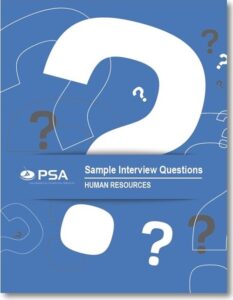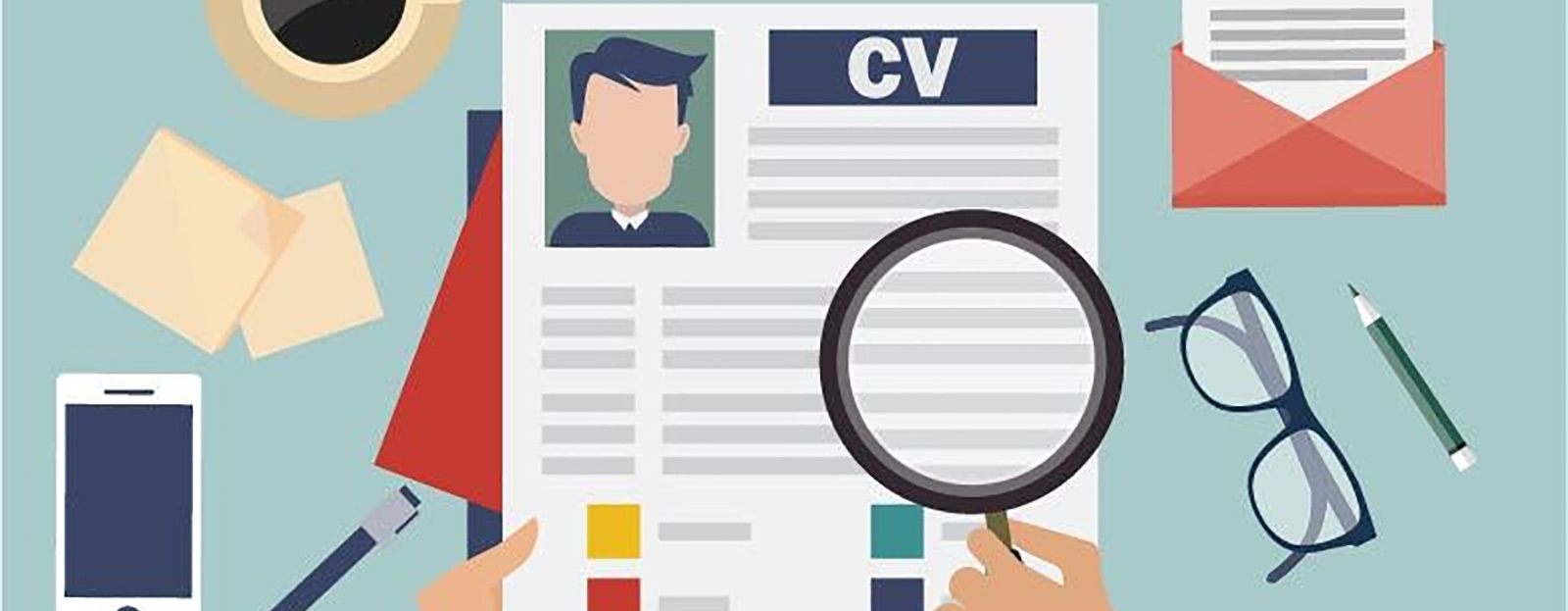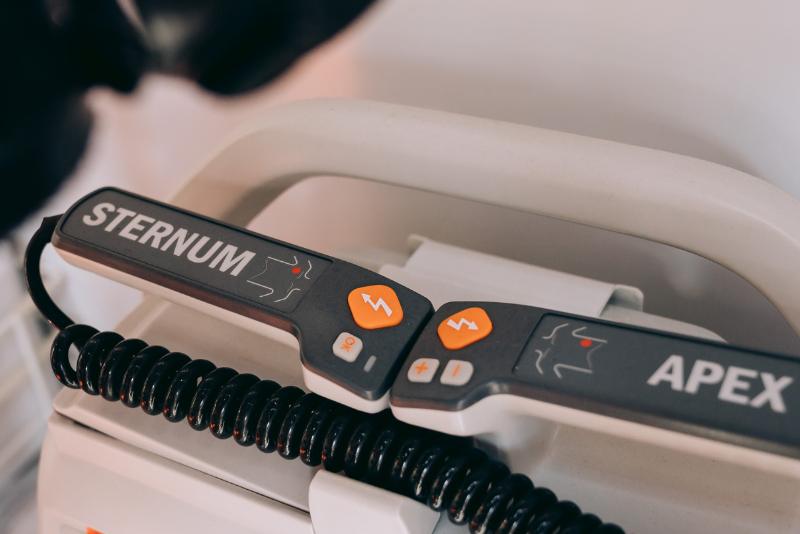If you were a candidate interviewing for a job, you’d probably receive the advice, “Preparation is key.” But even on the other side of the table — as an employer interviewing candidates for an open position — the same recommendation applies.
Conducting an interview without proper planning can lead to significant pitfalls — most obviously, hiring a candidate who isn’t right for the job and doesn’t succeed in the role. Considering that a bad hire can cost, on average, at least one-third of that position’s first-year wages, it’s vital to avoid that mistake.
To ensure your hiring process is successful, follow the recommendations below before interviewing your candidates. Also, to help you draft your interview questions, don’t forget to download our free guide of sample questions at the end of this post.
Select an appropriate hiring team
In most cases, a single person should not be the sole decision-maker for any one role. It’s recommended to have HR, the hiring manager, and possibly other members of the team, department, or board be involved. In addition, to make sure the process runs smoothly, decide at the onset of the process who will have the ultimate hiring decision responsibility — will it be a group consensus, or will HR or the hiring manager have the final say?
Consider pre-screening candidates
Pre-interview or pre-employment testing can be used to help narrow a field of candidates prior to conducting in-person interviews. These assessments can take many forms and have various purposes, but they are typically implemented to help quantifiably determine candidate qualifications and “fit.”
Draft a list of questions for the interview(s), then divide and conquer
Create a standard list of questions and method of evaluation. When developing questions, always make sure that they tie back to the job responsibilities. Beware of questions that are illegal or solicit discriminatory information related to gender, religion, education, and national origin to name a few categories. Some of the questions to avoid that might not be so obvious include:
- “What is your maiden name?”
- “What church do you attend?”
- “What year did you graduate from high school or college?”
- “You have a unique name. What nationality is it?”
As the interviewer, you have the flexibility to determine whether you will use only one type of question – for instance, to assess how the candidate performs under stress, – or whether you will employ a mix of question types. It’s best for the interviewers to decide in advance who will ask which questions to avoid overlap. The bottom line is that you need to find and use the questions that best enable you to gather the information you need about a candidate in order to make a sound hiring decision.
Communicate clearly with candidates
When scheduling the interview, make sure to clearly communicate expectations to the candidate. Tell the interviewee what to expect, including important details such as where to go, where to park, who to ask for, how long the interview will last, how many interviews (if meeting with multiple interviewers), whether he or she will have to fill out an application or take a test on-site, and dress code if your company deviates from the industry standard for apparel (e.g., casual dress when the norm is business or business casual).
Review the job description and the candidate’s application
To accurately assess candidates according to the appropriate standards and hire the right candidate for the role, take time to review the job description. Focus on the key components of the role, separating must-have qualifications from want-to-have qualifications. Then, prior to the interview, review the candidate’s resume, application, and other pertinent information. Make notes of any areas you’d like to address or ask questions about.





